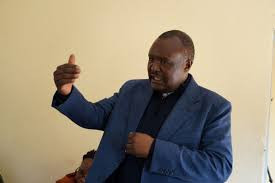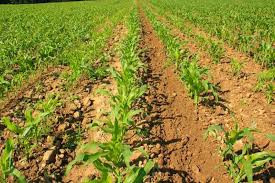
BY STYLE REPORTER
The Zimbabwe Red Cross Society (ZRCS) is conducting training to fully capacitate stakeholders, volunteers and communities on disaster prevention, mitigation, preparedness, response and early actions.
The capacity building training, which is being held in Chimanimani and Chipinge, is being supported by the British Red Cross Society under the Covid-19 response component.
Chimanimani and Chipinge districts have been continuously hit by a series of droughts, storms, cyclones and are still smarting from the debilitating impact of the Cyclone Idai of 2019.
The cyclone, which claimed many lives, also ravaged livelihoods, shelter, as well as water and sanitation infrastructure, among other needs.
According to ZRCS secretary-general Elias Hwenga, the repeated climatic shocks have “eroded coping capacities and heightening the need to strengthen community level capacity to proactively prepare for disasters”.
“Based on this background, it was highly noted that there is need to capacitate the local stakeholders, team leaders and branch volunteers on preparedness and response measures to lessen the impact of disasters and emergencies,” Hwenga said.
“The major aim being to increase and ensure skills and abilities to analyse potential effects of disasters, strategies and methods of response to avert these effects.
- Chamisa under fire over US$120K donation
- Mavhunga puts DeMbare into Chibuku quarterfinals
- Pension funds bet on Cabora Bassa oilfields
- Councils defy govt fire tender directive
Keep Reading
“The activity compliments the national preparedness and response plan specifically the capacity building of members of staff and volunteers.”
Hwenga said the objectives of the training were to increase the knowledge and understanding of the disaster phenomenon, its different contextual aspects, impacts and public health consequences.
“We want to improve capacity level of preparedness and response at all levels before, during and after disasters working together in a coordinated manner,” he said.
“The trained group was capacitated on how to engage, communicate with communities, information they should share, assessment skills and different methods to facilitate community participation from all groups during emergencies and disasters.”











